SECONDARY NEWS
From the Assistant Principal
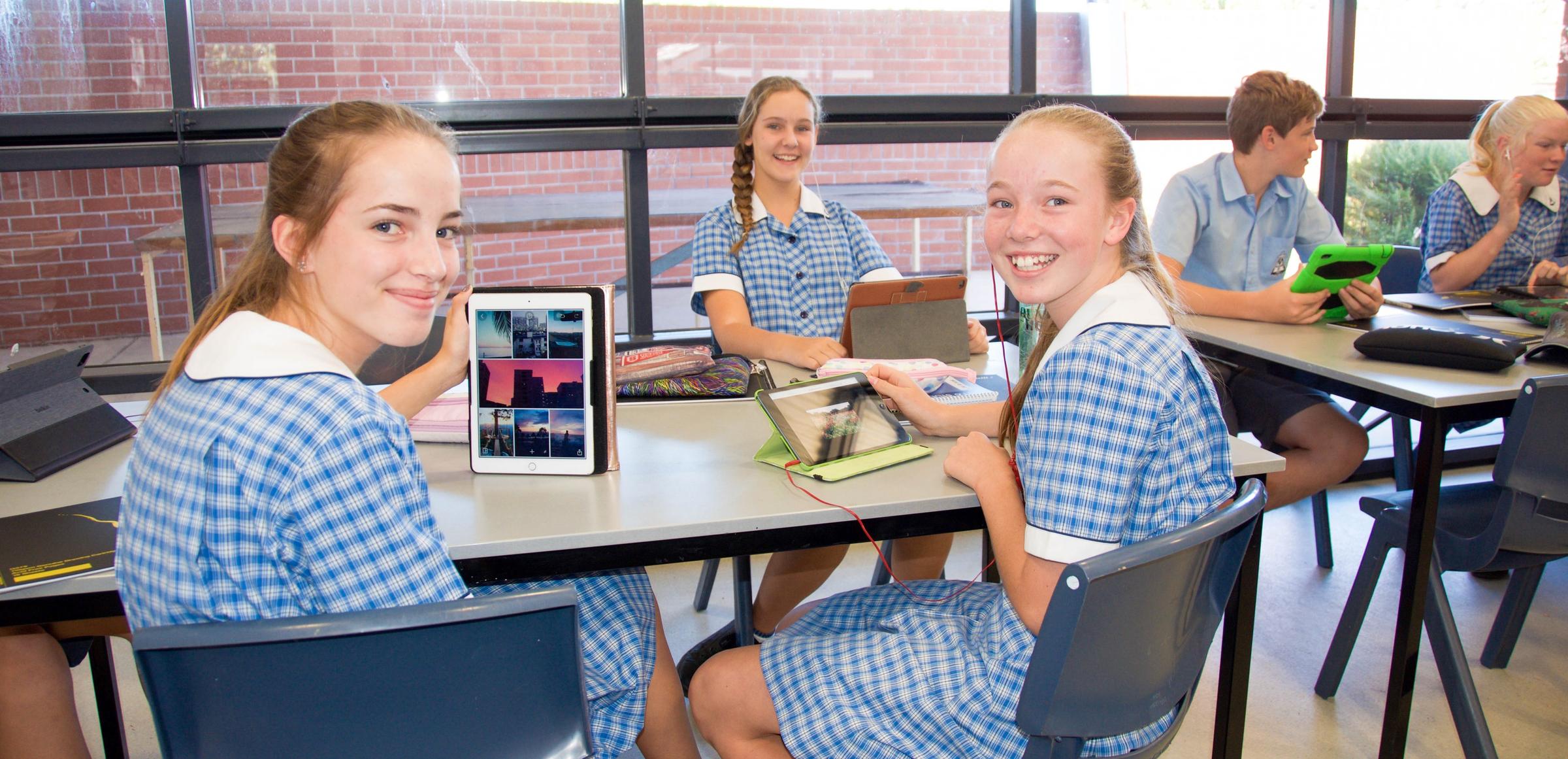
SECONDARY NEWS
From the Assistant Principal
Last term, all secondary students participated in an intensive four week creative writing program.
As a part of this, extension groups from each grade were selected to work with CSO Cluster Coach and HSC English teacher Ms Kerrie Priddis.
To celebrate the writing talent of our students, a weekly excerpt will be showcased in the newsletter from some of their finished pieces of work.
Excerpt
The sky is tinted grey, the sun barely peeking out of the haze. What is left of the dishevelled ground swirls around in the persistent wind. Whisking it away like the many lives that were taken in the war. Half the population were killed. The broken folk of a broken town are now wandering aimlessly. Houses were abandoned, nobody liked being home alone. Instead the towns pygmy hall had turned into a refuge centre for over two hundred people. Those left with a smile, opened their doors to as many people as they could. Shop fronts were splattered with dirt and blood. Blood that was dry and weeks old, but still a fresh reminder. At night the sky is dark, although not a heavy blue, more a suffocating black. Like a blanket, it lets through little light. Stars no longer shine as bright and they are a painful reminder of the past. Towns lost power, lost people. Lost hope. Hope of something better in the future.
The dank room’s walls were lined with large computers and flat screen TVs. Each showed a dull screen filled with data, cameras, personal documents and constant rotations of various 3D models of weapons. Thousands of buttons were lit up with tiny beacons of light, as a group it resembled a panoramic cityscape - spanning right around the room. Velta snapped her focus back to the tall man mere feet in front of her. He appeared to be calm, yet Velta sensed he was on edge, his hands curled and uncurled. His knuckles cracked, the sound was sickening. His voice was slightly muffled by the hum of computer engines and clicking of the keyboards.
Bella O’Brien - an excerpt
Students in Year 7 and 9 will commence Naplan online this week. Assessments will be carried out on Tuesday 15, Wednesday 16, Friday 18 and Tuesday 22. It is important that students are present for these assessments.
Students will need to ensure that they have headphones with them for the tests.
On Friday and Saturday, the Holy Trinity Ag Team went to a very cold Warialda Show. The team consisted of 15 students from Year 7 to 10 and we exhibited 15 animals. It was such a pleasure to take away an enthusiastic and hardworking team. Their diligence paid dividends with the students achieving outstanding success.
The team of 15 animals was made up of 9 steers, 5 Murray Greys and 1 Limousin heifer who achieved the following results :
- Sarah Townsend’s 8 month old heifer won - Champion Junior Limousin Heifer and Grand Champion Limousin Heifer
- Champion Junior Murray Grey Bull – Bookoola Murray Greys
- Reserve Champion Junior Murray Grey Bull – Barratt families Wheelview Murray Greys
- Champion Junior Murray Grey Female and Grand Champion Murray Grey Female – Bookoola Murray Greys
- Nash Tome’s Heifers won - Reserve Champion Murray Grey Female and Champion Senior Murray Grey Female
- Lightweight Steer – 1st, 2nd and 3rd
- Heavyweight Steer – 1st, 2nd and 3rd
- Champion Led Steer – Holy Trinity Alvin a black Limousin steer we are preparing for Casino Beef Week, bred by the school.
The students performed as well as their cattle gaining the following results:
- Junior Paraders – 3rd Lachlan Anderson, 2nd Beau White, 3rd Nash Tome, 4th Claire Arandale, 5th Sam Lavender.
- Junior Judging – of the 7 finalist 5 were Holy Trinity students. The placings were: 1st Nash Tome, 2nd Lachlan Anderson and 3rd Sarah Townsend.
The students, Mr Townsend and myself would like to thank the amazing parents who came to support our team and kept us well fed. Also, thank you to the parents who donated drinks and some very tasty cooking.
The show team consisted of Sarah Townsend, Mia Brand, Indira Barratt, Abigail Kingsley, Lachlan Anderson, Bella O’Brien, Bridie Kennedy, Dan O’Brien, Gabbie Barratt, Tyla Mair, Kate Townsend, Claire Arandale , Beau White, Sam Lavender, Nash Tome.
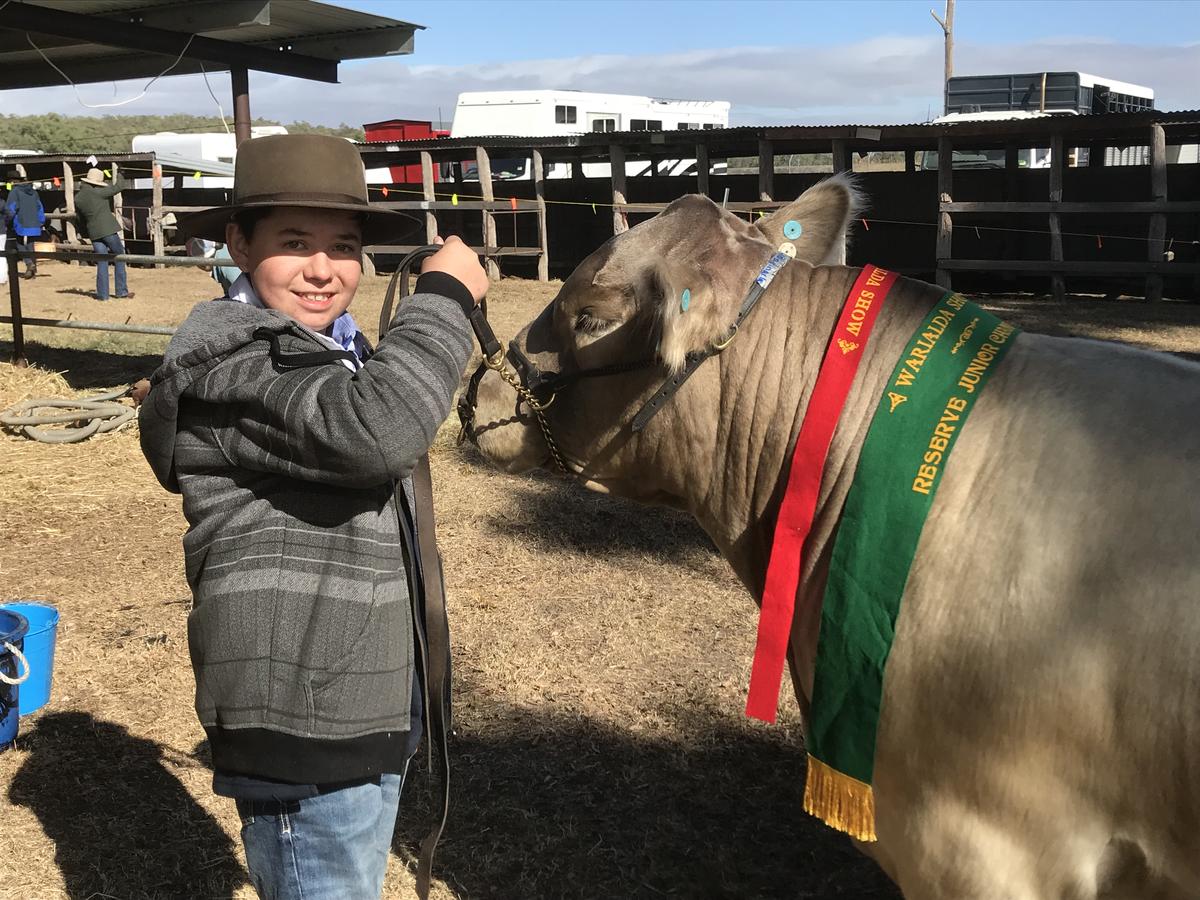
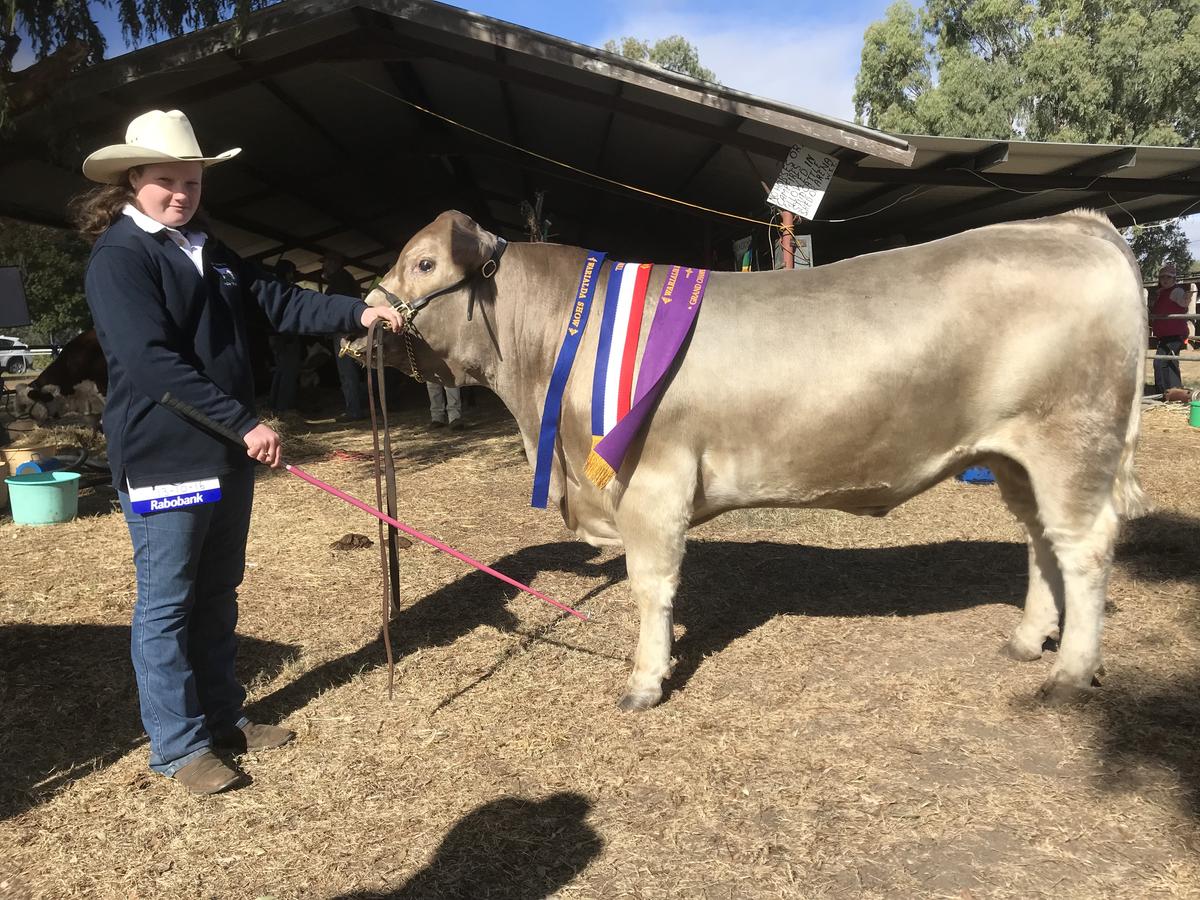
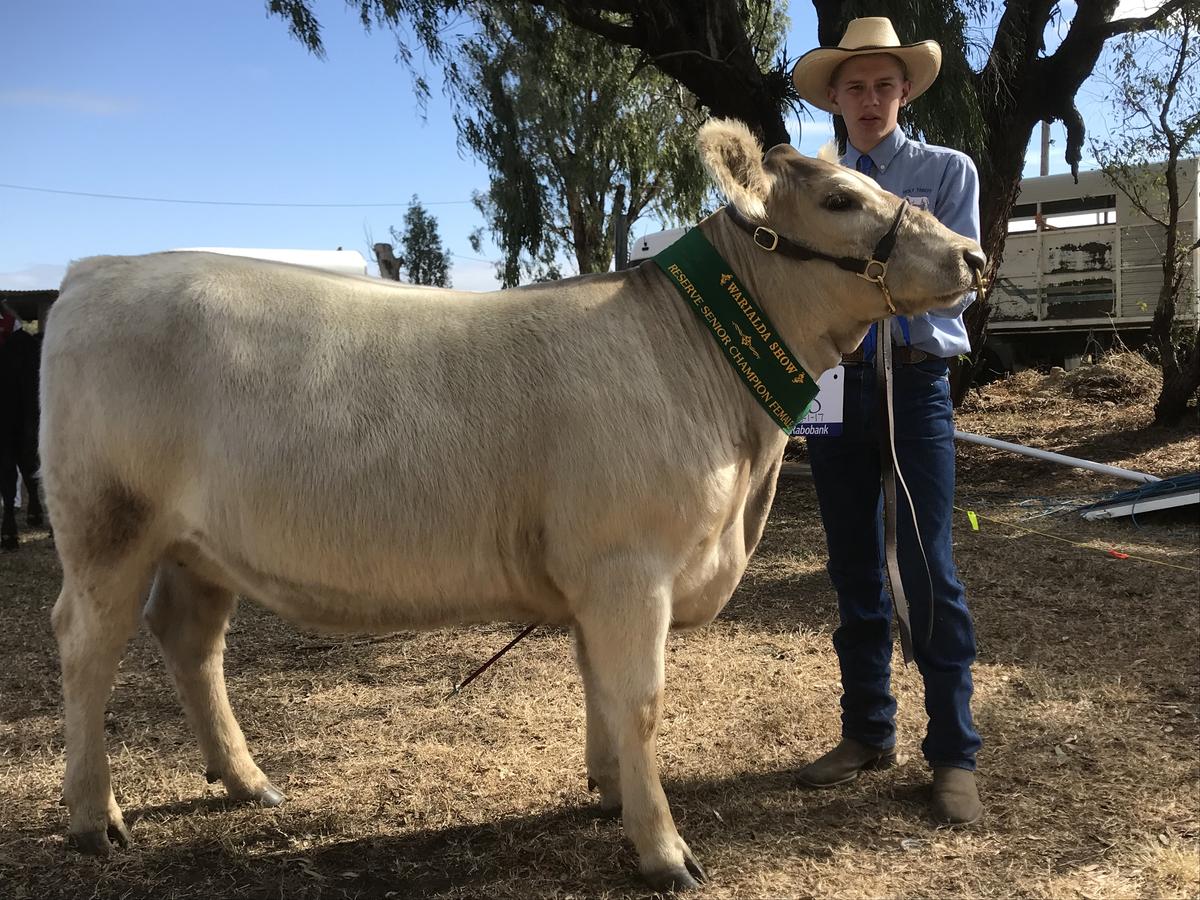
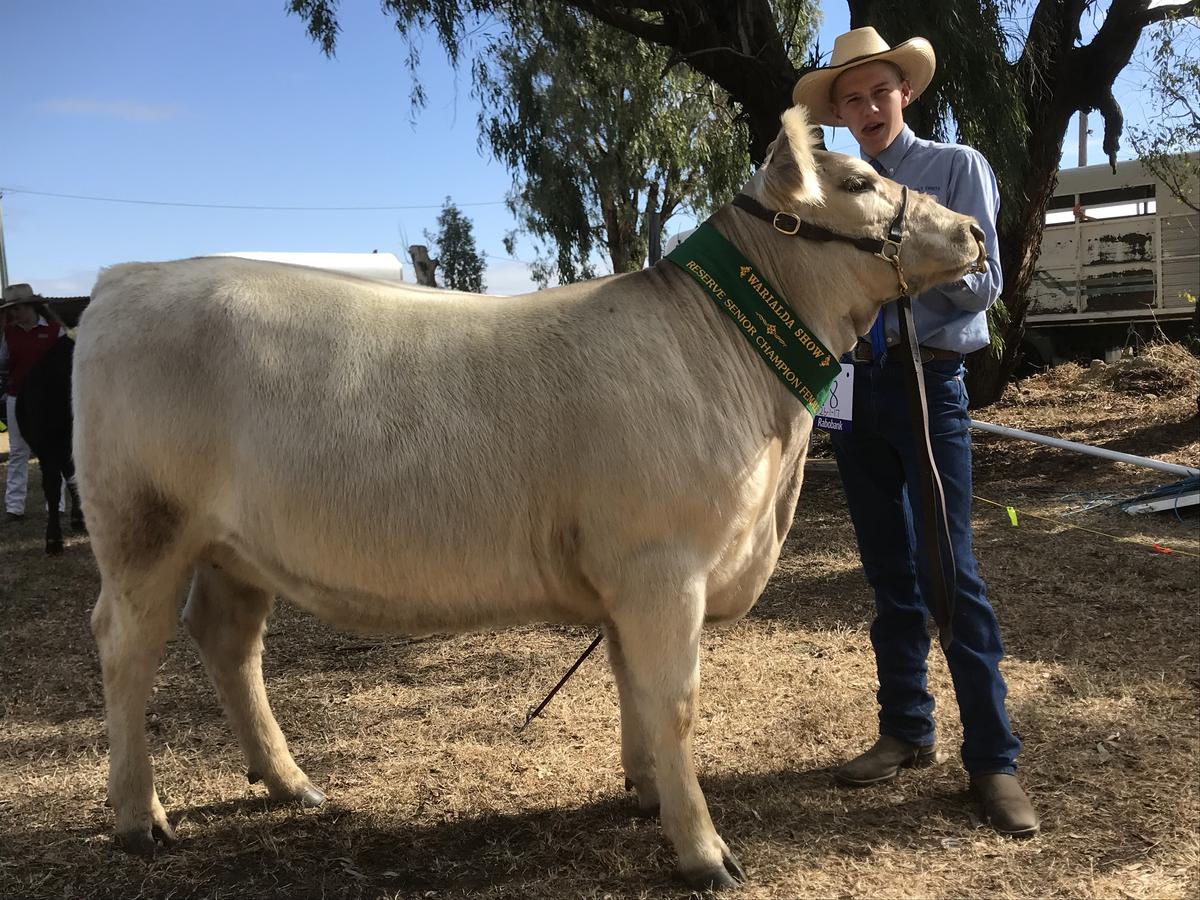
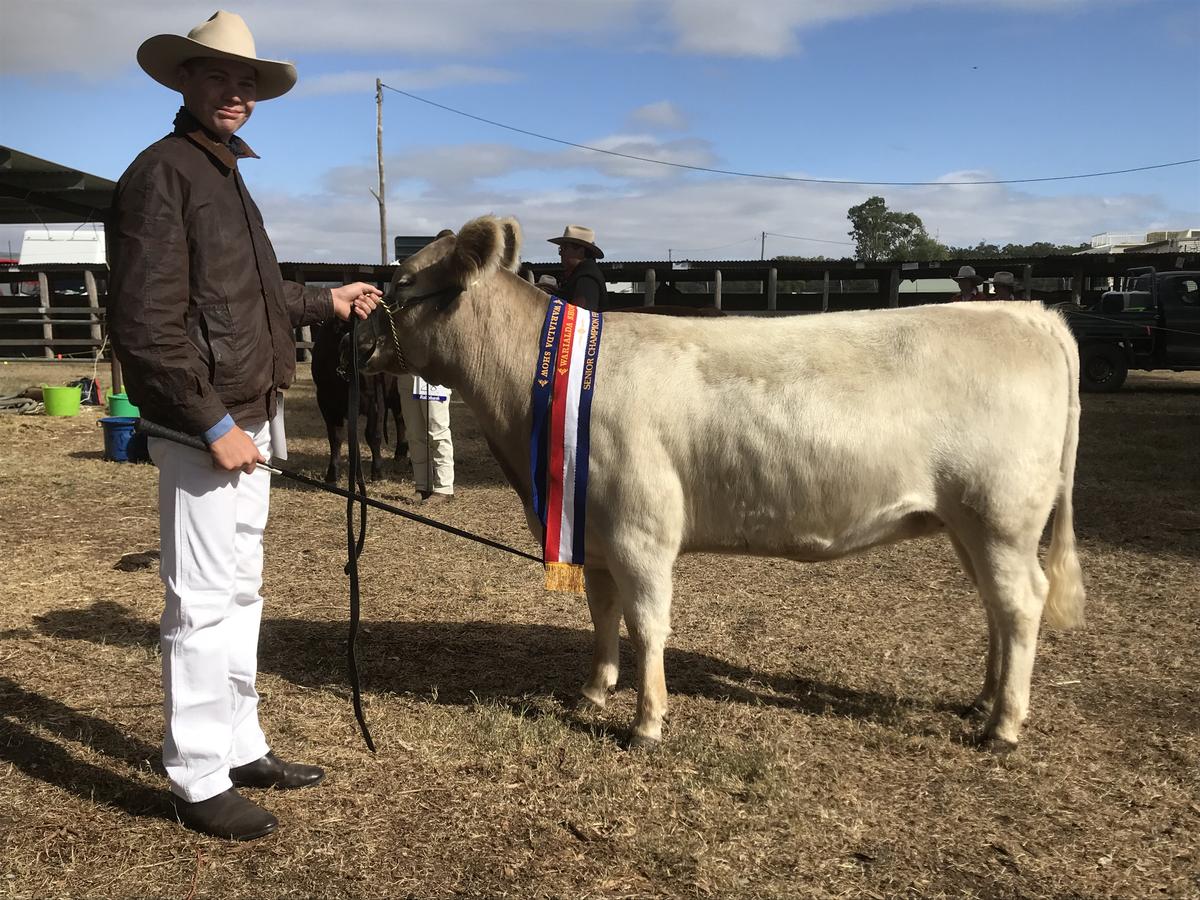
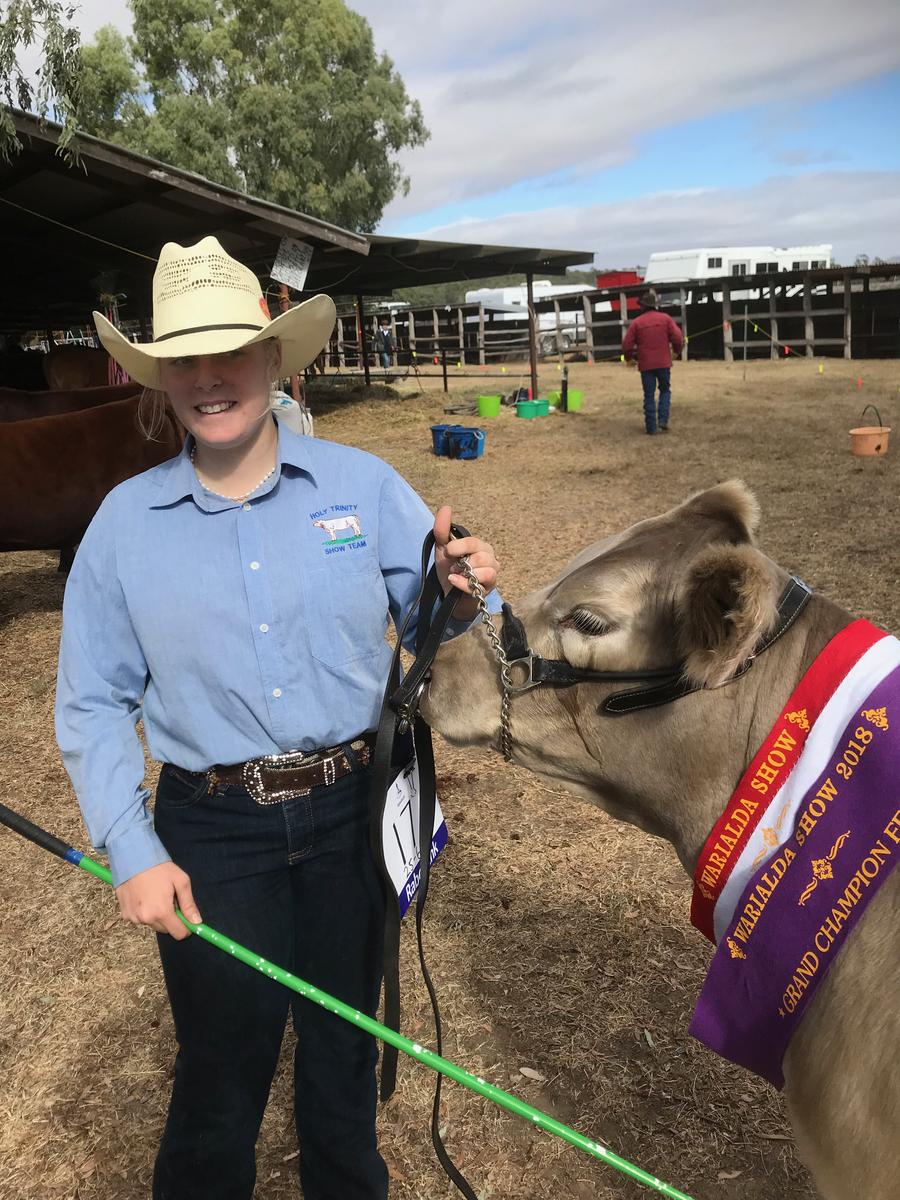
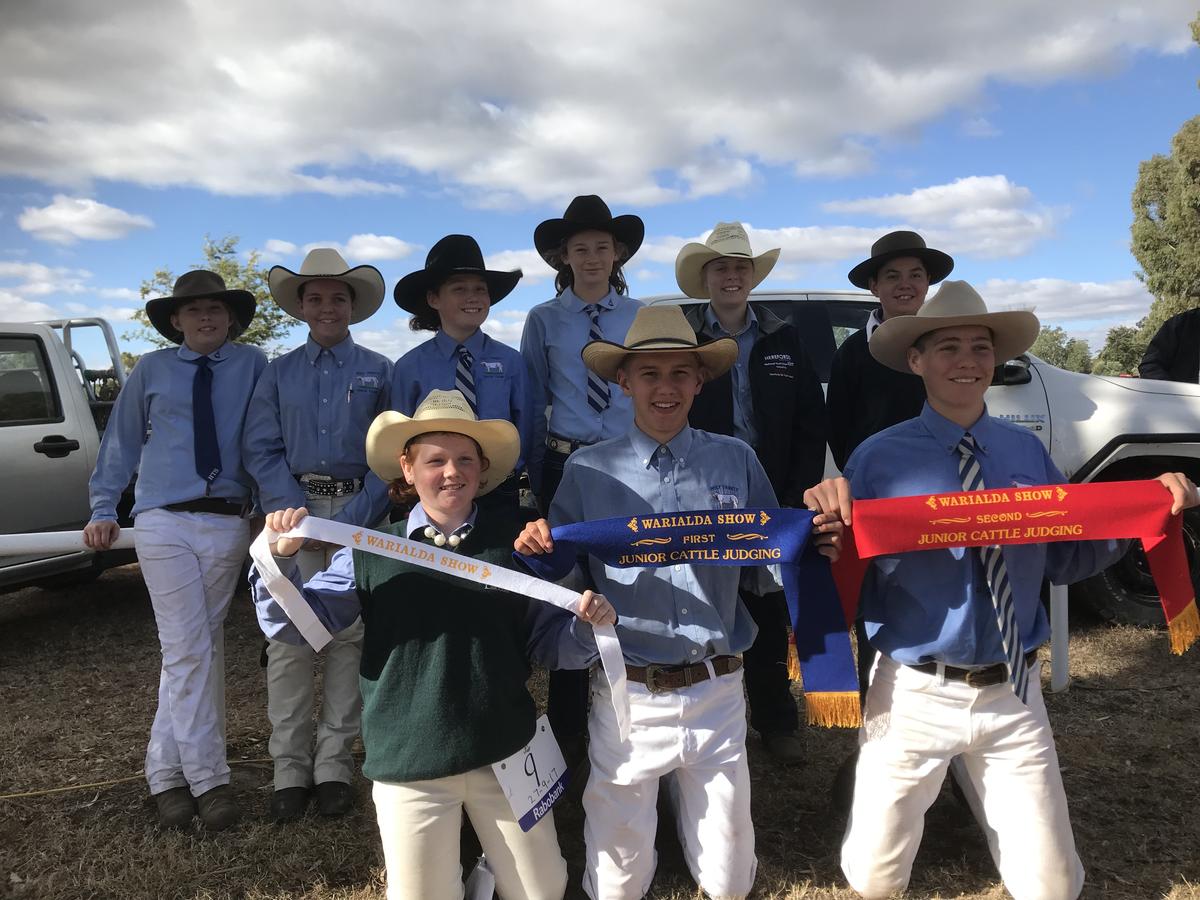
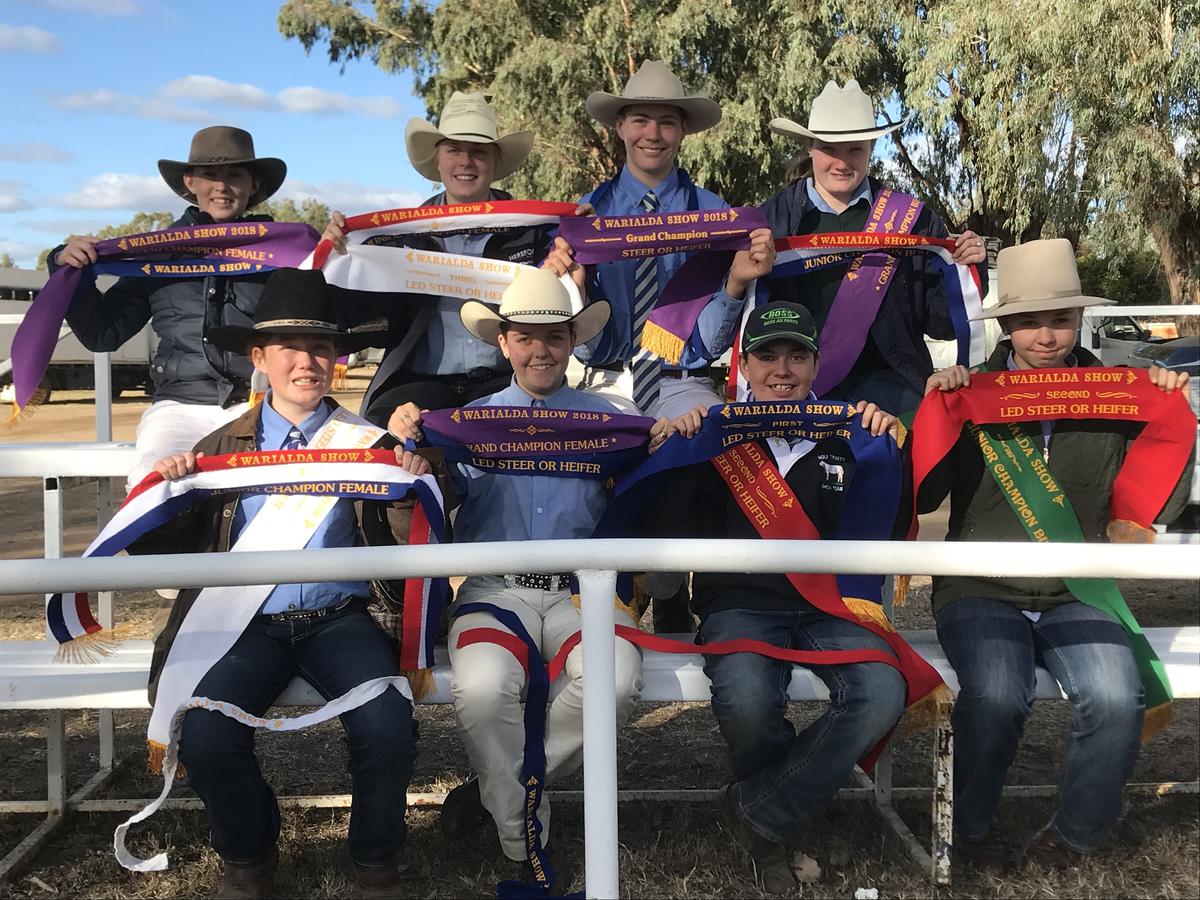








The Inverell Cattle Clinic will be held on the 8, 9 and 10 June at the Inverell Showground. No experience is needed and you don’t need your own animal to attend. Cattle can be supplied from Holy Trinity or a ballot animal can be arranged. It is open to children aged from 7 to 18. I highly recommend the event for any child who is interested in learning about the cattle industry and how to show cattle. The clinic caters for beginners to advanced cattle enthusiast with some great prizes to be won.
Entry forms are available from Mrs Townsend in Secondary. Money and entry forms can be returned to Mrs Townsend.
Congratulations to the Secondary students who took part in the Interschool Chess Challenge, held at HTS last Tuesday. Our Secondary team finished 2nd behind Inverell High School, and have qualified for the regional semifinals of the competition to be held next term. Connor Bryant finished 4th, and Luke Bryant 6th, each having won 5 from 7 games. The overall winner was Ben Ellis from Inverell High who won all 7 of his games. Other HTS students taking part were Geoff McCosker, Oscar Rainger, Yuri Ferreira, Mathew Pinthong, Hugh Gibson, Chase Jones and Bella O'Brien.
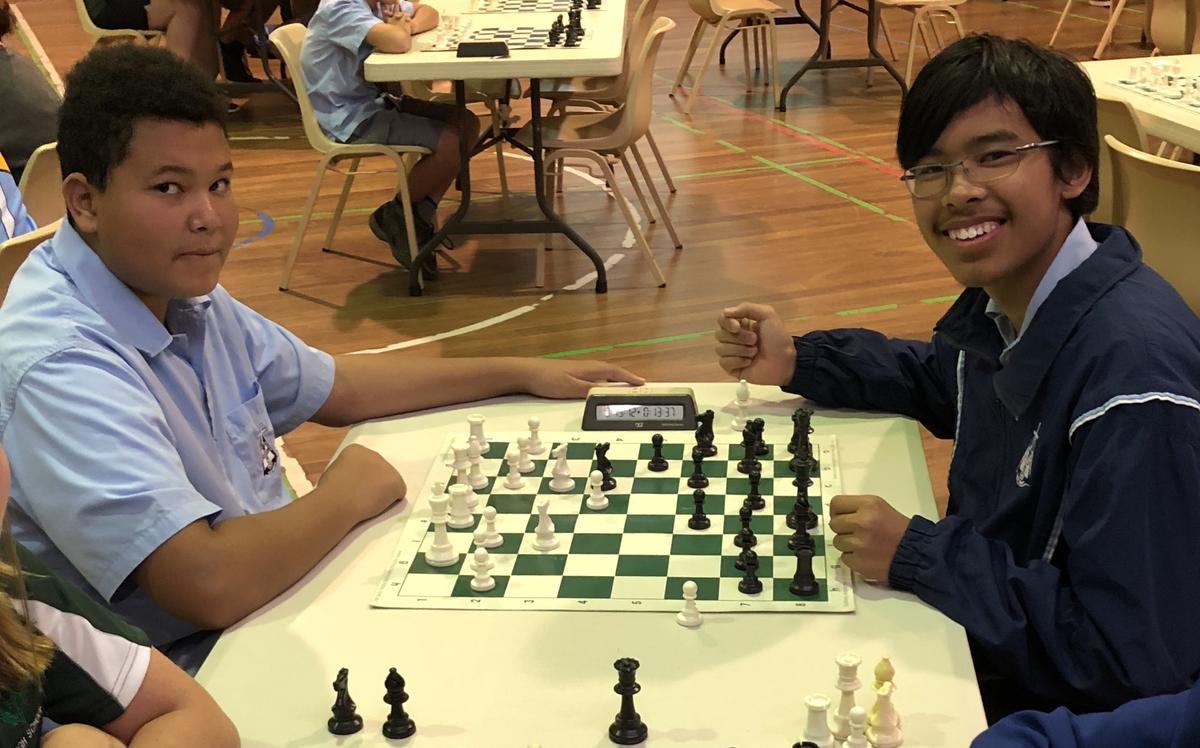
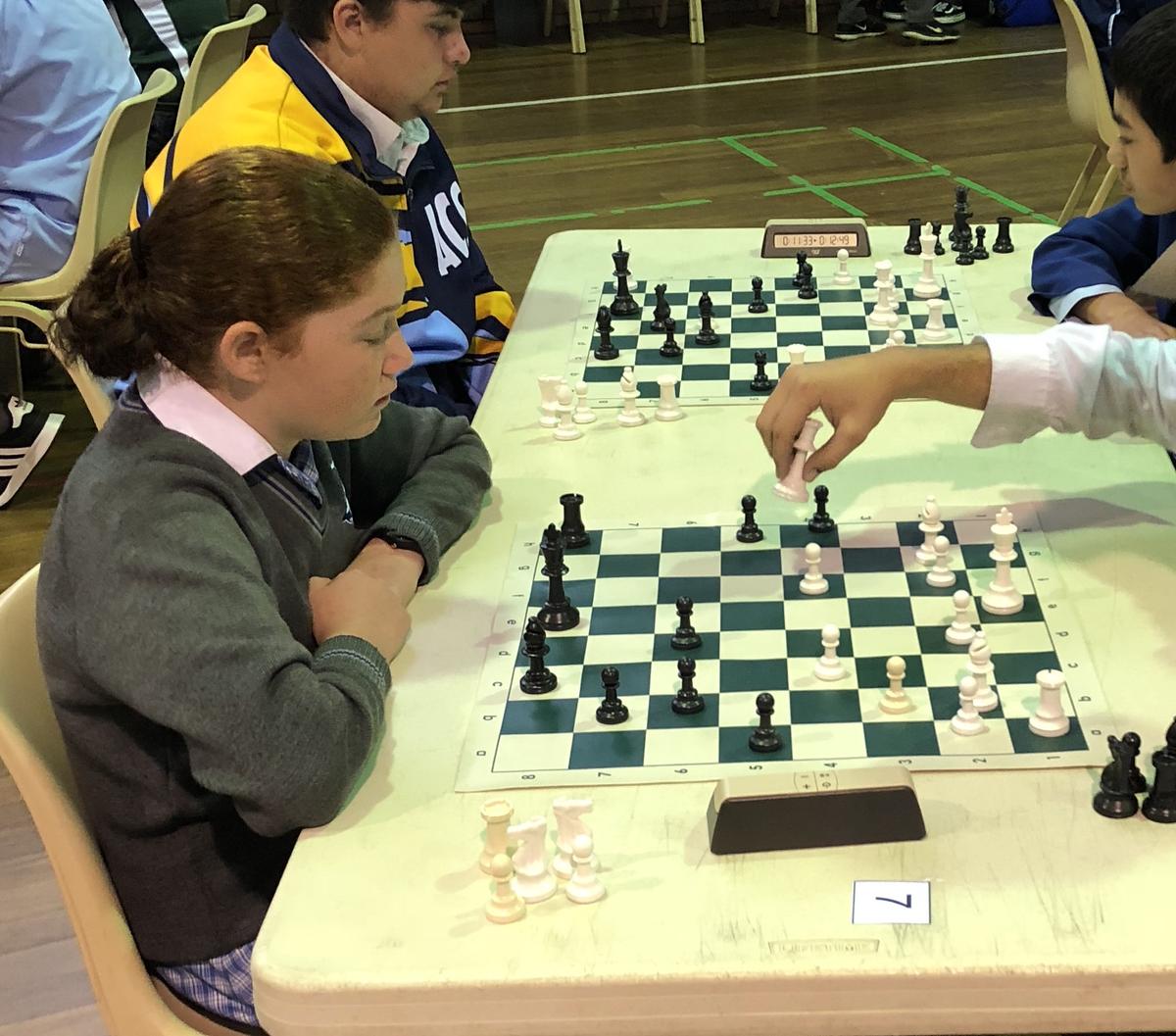
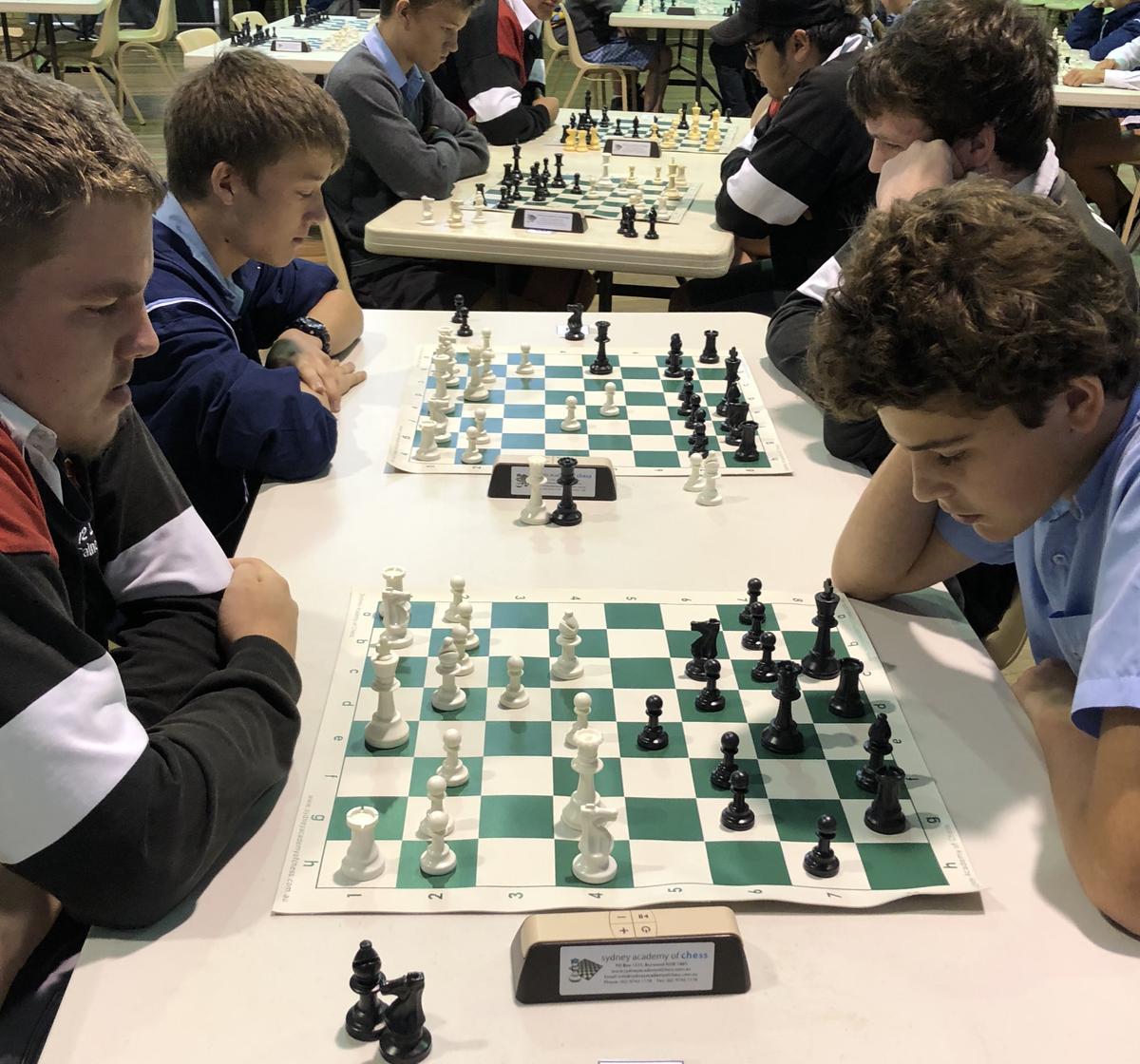
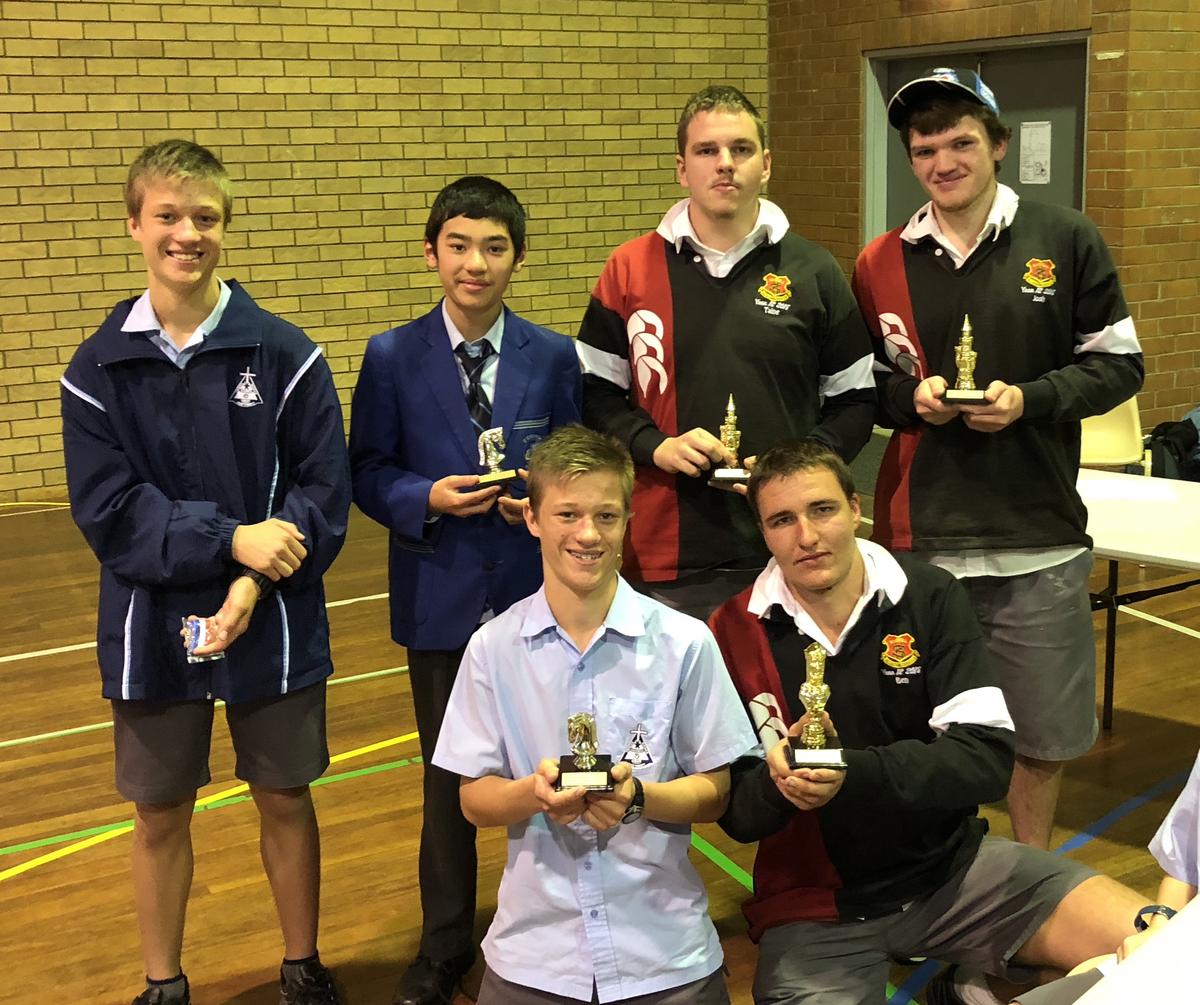




Darcy Brennan, Ben Turner and their families were lucky enough to have the chance to travel to Albury NSW to try their skills in polocrosse at the Australian Albury Junior Classic.
For the first three days,
the boys were coached in horsemanship and how to improve their game. The boys were also lucky enough to be coached by Bruce McLarty, the world’s best polocrosse coach.
On the second afternoon of coaching the NSW juniors who were vying for selection were put through their paces in a game situation where the best were picked in four mixed teams.
Both the boys were successful with Darcy making the first team and Ben making the third team. Now that the boys were picked in NSW teams they were playing in the Australian Albury Junior Classic against teams from Queensland, Victoria, Western Australia, Northern Territory and Tri-State, which is a combination of players from Tasmania, South Australia and Western Australia.
The boys played extremely well over the three day competition with Darcy winning all his games and winning the first division of the Australian Junior Classic. Ben wasn’t as lucky but ended up winning two games and losing two which got his team a runner-up position in the second division behind Western Australia.
Congratulations Darcy and Ben.
Report by Ben Turner
During the month of May, it is optional for students to wear their summer OR winter uniform. It is important to note that it must be one or the other, not a combination of both.
From the beginning of June all students are required to be in full winter uniform. Many students are already wearing the winter uniform and are to be congratulated for their efforts in being dressed according to the uniform code. If students are not correctly attired they are required to present a note to their Pastoral Care teacher and to remedy the situation as soon as practicable.
Please be aware that representative sports jackets, cattle team shirts and other sweaters are not acceptable uniform for day to day wear. The uniform shop has a list of requirements for all students. If there are any queries, please contact the school.
There is a substantial amount of lost property in the staffroom. Students should check if they are missing any items of clothing, including shoes. It is advisable to clearly mark all items with names so that property can be easily and promptly returned to the correct owner.
As mentioned it is a busy term ahead. Students need to ensure that they are well prepared for all assessments. Regular application to homework and revision will assist students in all subject areas.
This term there will be no formal exam week. Assessments will be on-going during the term and a number of formal in-class tasks will be undertaken.
Students will be provided with the necessary information and revision guides. For students to achieve their best possible results it is essential that they adequately prepare for these assessments.
There will, however, be exams in Week 6 for semester courses.
Some of the most common arguments at home (related to schoolwork!) lead to statements like this:
“Stop playing computer games and do your homework.”
“I told you, get off your phone, I can see you are on Facebook.”
“Why haven’t you started your homework yet?”
“What do you mean you have no schoolwork to do?”
If these are common refrains in your household there are some simple steps that can be taken to deal with this.
Step 1: Family meeting. Both students and parents get a chance to explain what is bugging them.
Step 2: Agree on how much time will be allocated to schoolwork per day or per week.
Step 3: Agree that during this time homework will be the first priority, then assessments and any remaining time should be spent on independent learning (e.g. reviewing difficult work, making summaries).
Step 4: Allocate set times for schoolwork and write these out and put them on the fridge e.g. Monday 4-5pm, 6-6.30pm.
Step 5: Agree that in these blocks of time, there will be no personal technology use (preferably phones switched off and put out of sight).
Step 6: Decide on rewards and consequences if the agreement is not honoured.
Parents are often at a loss about how to manage the amount of time children spend using technology. This is becoming particularly difficult as students are required to not only undertake their research electronically but also to complete their work from school either on-line or at least on the computer. It can be hard to tell whether your child is doing legitimate work or working legitimately with “study buddies” online, or whether or not they are getting distracted with gaming, social media and the like.
Here are the Top Ten tips to help you manage your child’s technology use.
1. Model good technology behaviour
Parents are the number one role model for students. If you are always on your phone, iPad or computer, even if it’s for work, you are sending the message that this is appropriate. Make sure you regularly take time to “unplug” and demonstrate that it’s more important to engage with people than technology. For example turn off your phone when you are having family time (even for a short burst) or rather than watching a family movie, organise a family outing.
2. Try to understand the technology your child is using and why
Some students will happily use the technology available to help them with their homework without getting distracted. Many will easily become distracted by, or will prioritise, social media, online gaming, apps related to their interests, YouTube etc. To help your child manage these distractions it is useful to spend time with them understanding what they are using technology for and why. Developing this understanding will help you set limits which are reasonable to both parties.
3. Set clear limits in relation to technology time
Parents need to decide what they consider to be a reasonable amount of technology time per day and per week. As mentioned above, understanding why and how your child is using technology will inform this decision. What works for each family will be different, but options include: no technology before school, technology for a particular amount of time each day, electronic games on the weekend only. It’s vital to be consistent with whichever system you choose for it to work well.
4. Monitor technology use
If you aren’t sure what your child is doing when they are on the computer (homework or something else), then move the computer to where you can monitor what they are doing. This can be difficult depending on your family and space available. If it’s not possible to move the child/computer, consider doing quiet activities in the space they are using, such as reading or ironing, to monitor their use. From: www.studyskillshandbook.com.au – only for use by schools who are current subscribers Copyright © Enhanced Learning Educational Services 2014 www.enhanced-learning.net
5. Establish “screen free” systems - days, spaces etc.
Make sure technology doesn’t dictate your home and family life. Establish “screen free” spaces eg. the kitchen and dining table. Perhaps have a screen free day on the weekend? This encourages the whole family into more active pursuits and positive interactions.
6. Centralise storage of handheld devices Have a rule that all handheld devices are stored in the one place (along with their chargers) so when it’s not an approved technology time, the device is away and not causing a distraction.
7. Use technology time as a reward
Show that you can be reasonable and flexible. If your child has done all their schoolwork and has enjoyed other activities/completed chores etc. there is no reason why some additional screen time can’t be used as an occasional reward. However, mixing up the rewards with other activities will benefit the whole family.
8. Provide lots of opportunities for physical activity and socialising Time which used to be spent in physical activity or more creative leisure pursuits is now often spent on technology. Providing opportunities for students to participate in meaningful and enjoyable activities away from technology helps them to find other interests and connect with people. Options include organised sports, playing music, learning a new skill etc.
9. Use parental controls to block particular sites
Parental controls are useful to block particular websites which have inappropriate content or which your child gets easily distracted by. The Australian Government’s CyberSmart program makes various recommendations https://esafety.gov.au/
10. Change the WiFi password
If nothing else works, and your child is constantly on social media or surfing the net, consider changing the WiFi password. Whilst it’s an extreme measure it is sometimes useful as a reminder that there are other things that need to be done.